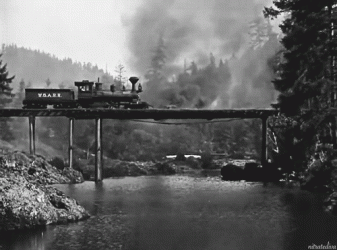Gday
I really like this
Sometimes you need to replace a 5 amp (hornady) with a 30 amp (lapua). Especially if the system will stand 200 amps.
I have had some very interesting discussions with brass manufacturers over the years
One in particular recently said a very interesting comment that I delved deeper & understood a bit more while leaving more unknowns
His comment was brass is like a shear pin ( I think you guys call them shear bolts ) &
It is to protect the action & will give out before the firearm ( old trapdoor or like excluded & we should take note of those pressure limits & not use today's high quality brass & goes with carls
Not trolling you, it just brought to mind, the times, I've seen builds fail secondary to building on an action not suitable for a 200 amp cartridge.
)
Now once you stress that brass to a level it's toast & that maybe one & done ( after fireforming to one's specific chamber ) or 20 reloads
Yet both are safe it's when we take those stressed pieces & try to use again things get iffy
we can go from large rifle brass to small & increase pressures that blow primers in the large yet the small primer brass is fine so how does that go with sammi rated pressures
Just a few of the points above that werepointed out to me
So to me after I thought about all that for a while ( hope I've got that correct off him as I hate Chinese whispers but I've quizzed him a few times now )
I call them today high preformance loads not dangerous & brass is the shear pin that I'm happy to use the better stuff that does increase the preformance & even 100 fps can actually mean a lot
Best example I was given of someone pushing the envelope ( & pretty fitting here imo is the guys that are shooting longrange & have found that their hit ratio is greater if they stay out of the transonic zone
Now I hear get a bigger caliber ok I guess but these guys are already shooting a 375 cheytec & that's what their employer provided them so I can't comment on that only I do see the reference of getting the most out of ones combo
It's knowing the brass is toast not some sammi number that we read out of a manual
Jm2cw
Cheers

